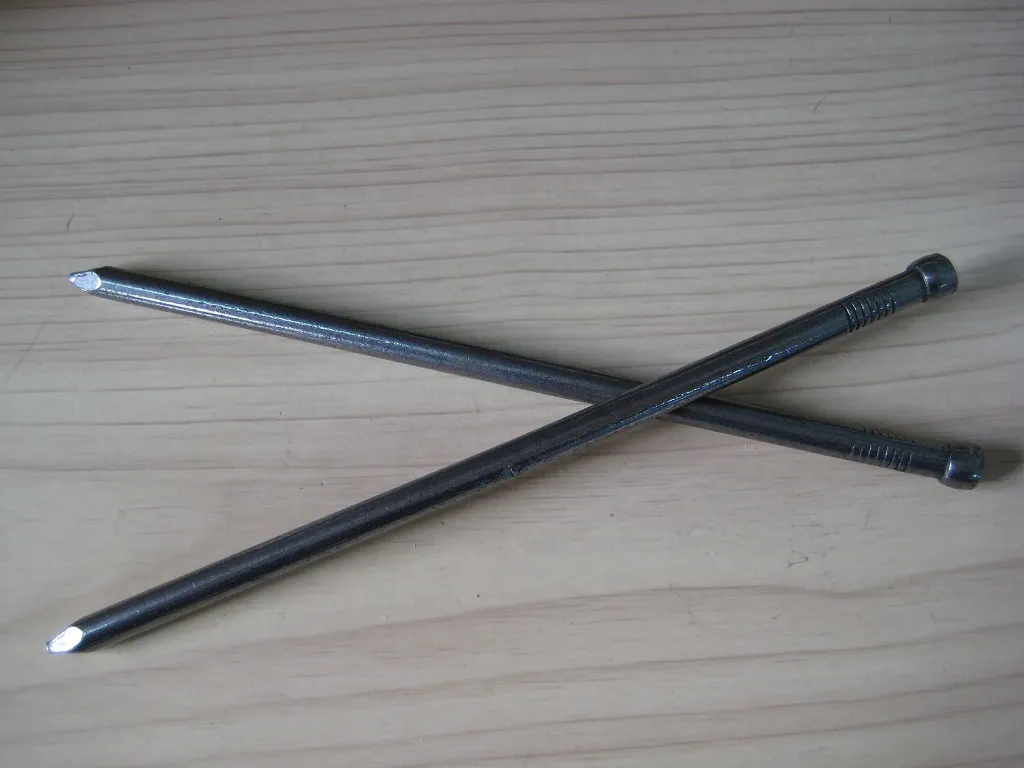Various Types and Applications of Anchor Bolts for Construction Projects
Understanding Different Types of Anchor Bolts
Anchor bolts are crucial components in construction and engineering, providing stability and strength to various structures. They are designed to secure structural elements to concrete foundations, thereby ensuring the integrity of the building or infrastructure. This article will delve into the different types of anchor bolts, their applications, and characteristics.
Types of Anchor Bolts
1. Cast-in-Place Anchor Bolts Cast-in-place anchor bolts are embedded in concrete during the pouring process. They are part of the concrete itself, offering significant holding power. These bolts come in various shapes, including L-shaped, J-shaped, and straight. The key advantage of cast-in-place bolts is that they are anchored deeply within the concrete, which minimizes the risk of pull-out under heavy loads. These are often used in heavy machinery installations and structural support applications.
2. Post-Installed Anchor Bolts
Unlike cast-in-place bolts, post-installed anchor bolts are added after the concrete has set. There are several types of post-installed anchors, including
- Expansion Anchors These are designed to expand and grip the surrounding concrete as a bolt is tightened. They are suitable for lighter loads and are commonly used in drywall installations and light fixtures.
- Epoxy Anchors These are utilized when high load capacities are required. The bolt is installed in a hole drilled into the concrete and bonded using an epoxy resin. This method is particularly effective for dynamic loads and seismic applications due to its superior strength.
- Mechanical Anchors These are often used for medium to heavy loads. These anchors usually consist of a bolt and a nut, which expand when the bolt is tightened. They are easy to install and are widely used in various construction projects.
3. Anchor Bolts with Plates
Some applications require anchor bolts to have plates or washers for additional stability. These plates distribute the load across a larger surface area, preventing the bolt from crushing the concrete under heavy tension. They are commonly used in instances where the load is unevenly distributed, providing a robust anchoring system for large structures.
different types of anchor bolts

4. Stainless Steel Anchor Bolts
For projects in corrosive environments, such as coastal areas or industrial facilities, stainless steel anchor bolts are preferred. They offer excellent resistance to corrosion and rust, ensuring longevity and reliability. This type of anchor bolt is essential for maintaining structural integrity over time, especially in marine and chemical plant applications.
5. Threaded Rods
Threaded rods serve as versatile anchor bolts, allowing for adjustments after installation. They can be used with various anchors to secure any construction that requires a stronghold. The flexibility of threaded rods makes them suitable for multiple applications, including furniture assembly, signage, and structural reinforcement.
Applications of Anchor Bolts
Anchor bolts are utilized in a variety of applications across different industries
- Buildings and Structures In commercial and residential construction, anchor bolts are used to secure walls, frames, and heavy machinery to concrete foundations. - Transportation Infrastructure In bridges, highway signs, and signal systems, anchor bolts ensure that these structures remain stable under varying conditions.
- Industrial Equipment In manufacturing plants, heavy machinery and equipment are often anchored to prevent vibrations or movement during operation.
Conclusion
In summary, understanding the different types of anchor bolts and their respective applications is vital for engineers, architects, and construction professionals. Each type of anchor bolt provides specific benefits suited to various load requirements and environmental conditions. Proper selection and installation of anchor bolts are crucial for the safety and longevity of any structure. As construction technologies evolve, so do the types of anchor bolts available, making ongoing education in this area essential for effective construction practices.
-
The Durability and Versatility of Steel Wire
NewsJun.26,2025
-
The Best Iron Nails for Your Construction Projects
NewsJun.26,2025
-
Strengthen Your Projects with Durable Metal Stakes
NewsJun.26,2025
-
Get the Job Done Right with Duplex Nails
NewsJun.26,2025
-
Explore the Versatility and Strength of Metal Mesh
NewsJun.26,2025
-
Enhance Your Security with Razor Wire
NewsJun.26,2025














